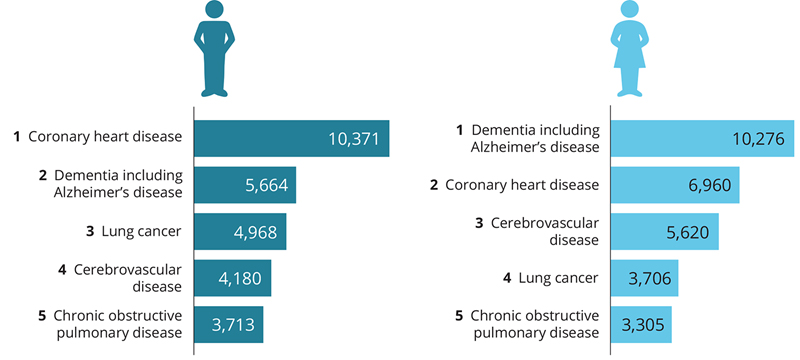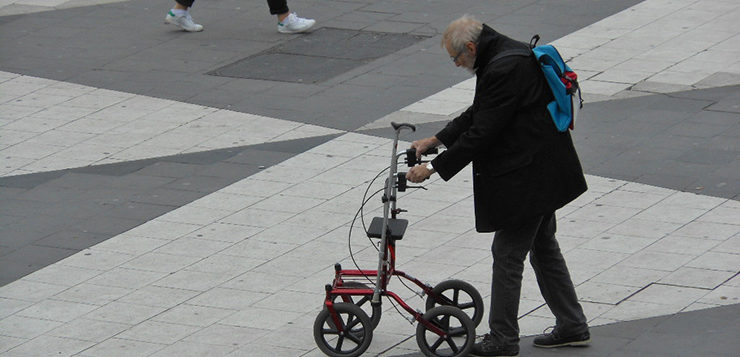In a significant breakthrough, Dementia Australia has hailed the release of trial findings unveiling the efficacy of Donanemab, a promising new drug that slows the progression of early Alzheimer’s symptoms.
Developed by pharmaceutical company Eli Lilly, the drug functions by stimulating antibodies designed to target and eliminate amyloid plaques from the brain.
A decade ago, in 2011, the leading cause of death for non-Indigenous men and women in Australia was coronary heart disease. This remains the case for men in 2021, but dementia, including Alzheimer’s disease, claimed the number one ranking for women. (For Indigenous Australians, the leading cause of death remains coronary heart disease, followed by diabetes).

Maree McCabe, CEO of Dementia Australia, expressed her enthusiasm for this groundbreaking development, hailing it as a critical advancement in diversifying dementia treatment options.
“These results instil much-needed hope for those experiencing symptoms, mild cognitive impairment, or early-stage Alzheimer’s,” Ms McCabe said.
The research also underscores the vital significance of early diagnosis, ensuring timely access to treatment and support.
“Increasing dementia awareness and understanding will help reduce discrimination and stigma, thus encouraging individuals with cognitive concerns to seek information and support at the earliest opportunity,” she said.
Timely support and services have demonstrated superior health, care, and lifestyle outcomes for those affected.
Dementia Australia has urged cautious optimism as Donanemab awaits approval from the Therapeutic Goods Administration (TGA) for its use in Australia.
Professor Blossom Stephan, Chair of Dementia Curtin University and Dementia Australia, lauded the trial’s results as encouraging, noting the study revealed that participants with mild cognitive impairment and mild dementia experienced a reduction of up to 35 per cent in cognitive decline through Donanemab treatment.
“This research also highlights the need to ensure that healthcare services are equipped to deliver the intervention as well as make sure that access to treatment is equitable and available to everyone,” Professor Stephan said.
Bill Yeates, a Dementia Advocate with Dementia Australia was diagnosed with younger-onset-dementia in 2019. He expressed awe at the trial results.
“This demonstrates that it is possible to significantly slow down cognitive decline by removing amyloid beta (plaques) from the brain,” Mr Yeates said. “For me it’s that ‘ray of hope’ that I believed would happen one day, where people living with dementia can have a future. One where you can lead a better life, one that you value.”
The study’s publication in a prestigious international journal and its presentation at the Alzheimer’s Association International Conference in Amsterdam add further weight to its significance.
As the authoritative source of reliable information, education, and services for over 400,000 Australians living with dementia and their 1.5 million caregivers, Dementia Australia remains committed to advocating positive change and supporting vital research. For assistance, contact the National Dementia Helpline at 1800 100 500, with interpreter services available. The helpline is funded by the Australian Government, and those seeking information can also visit dementia.org.au.
Donate To New Matilda
New Matilda is a small, independent media outlet. We survive through reader contributions, and never losing a lawsuit. If you got something from this article, giving something back helps us to continue speaking truth to power. Every little bit counts.




